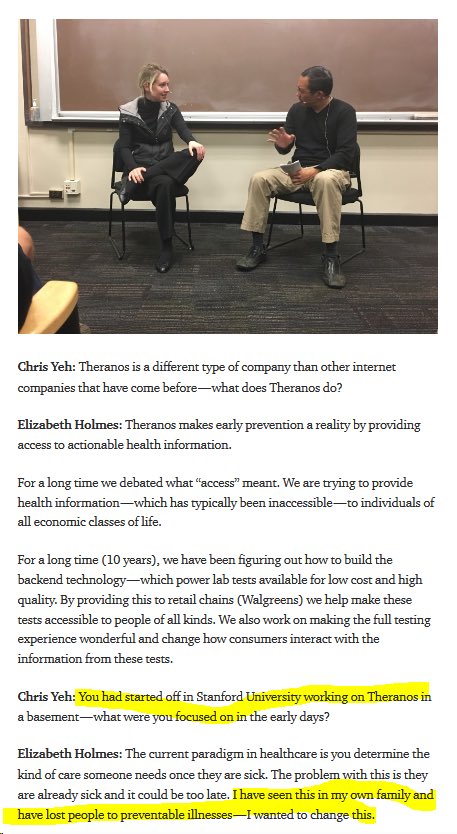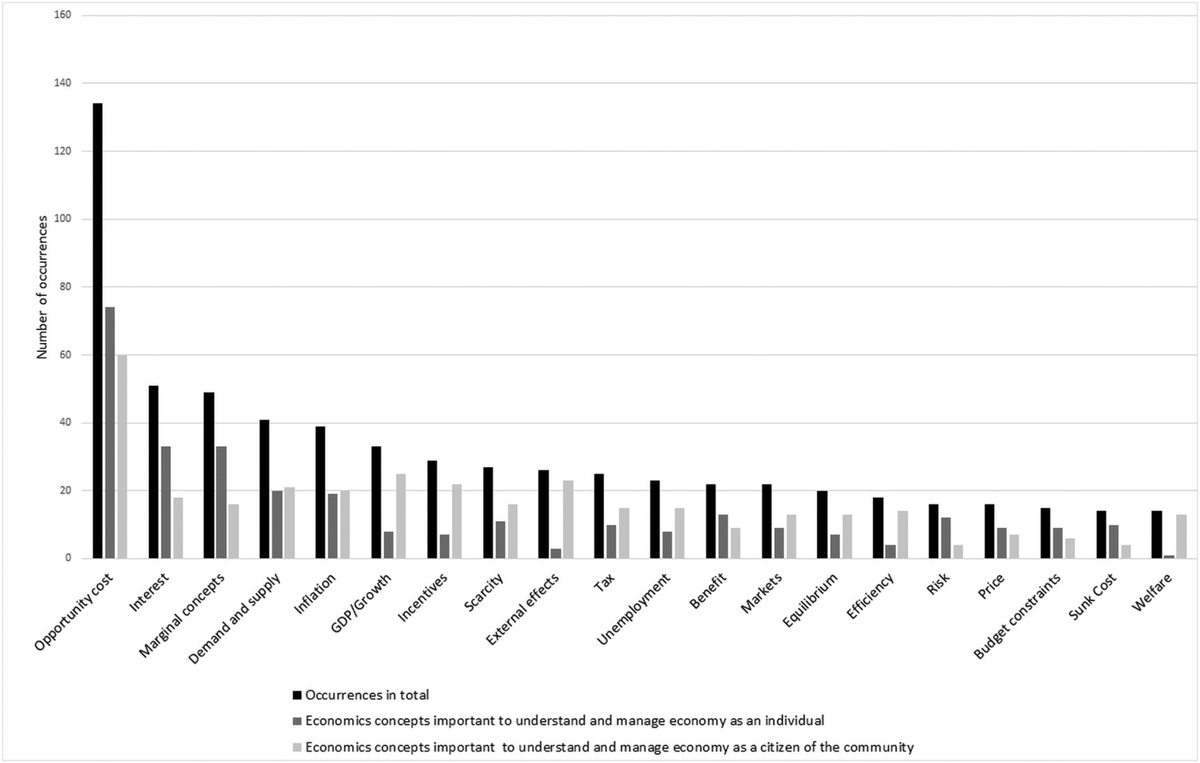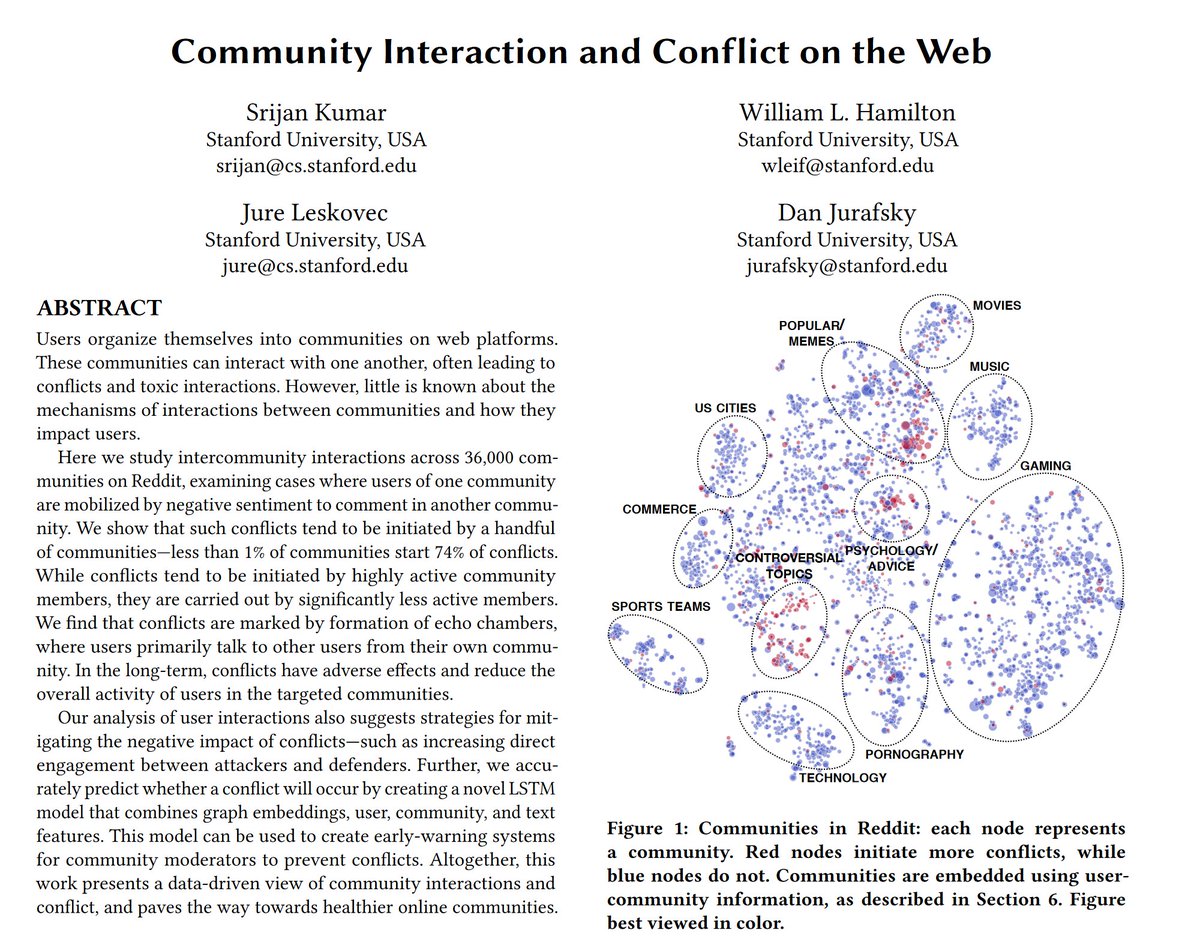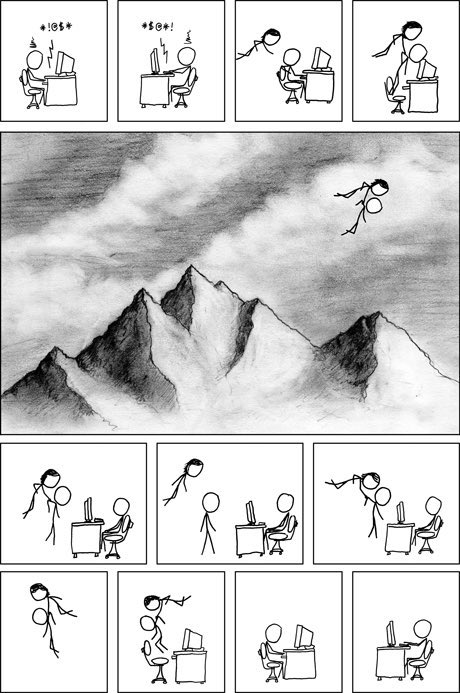
If this story is widespread, it is a big problem for web3. Lots of research shows at the start of new industries (like web3), the whole space need to undergo a process of legitimation: becoming normal to outsiders. Failure to be accepted can doom industries- think VR in the 1990s 
https://twitter.com/sriramk/status/1498699430349975557

The issue is that industries are embedded in webs of connection. They need to be taken seriously by established firms who will use their solutions in their business; by regulators who will integrate the industry into the legal framework; by employees who want to build careers…
Fighting everyone leads to bad outcomes. Outsider industries like nanotechnology or solar became legitimated when companies worked with regulators, the public, and other partners to build coherent stories for the entire industry. Otherwise, even promising technologies can fail. 



Startups in new industries rise & fall together. When people hear about breakthrough projects, even if they fail, it lifts the whole industry by making it seem more legitimate. Every standard "rug pull" or failure similarly undermines the entire industry. researchgate.net/profile/Joel-G… 


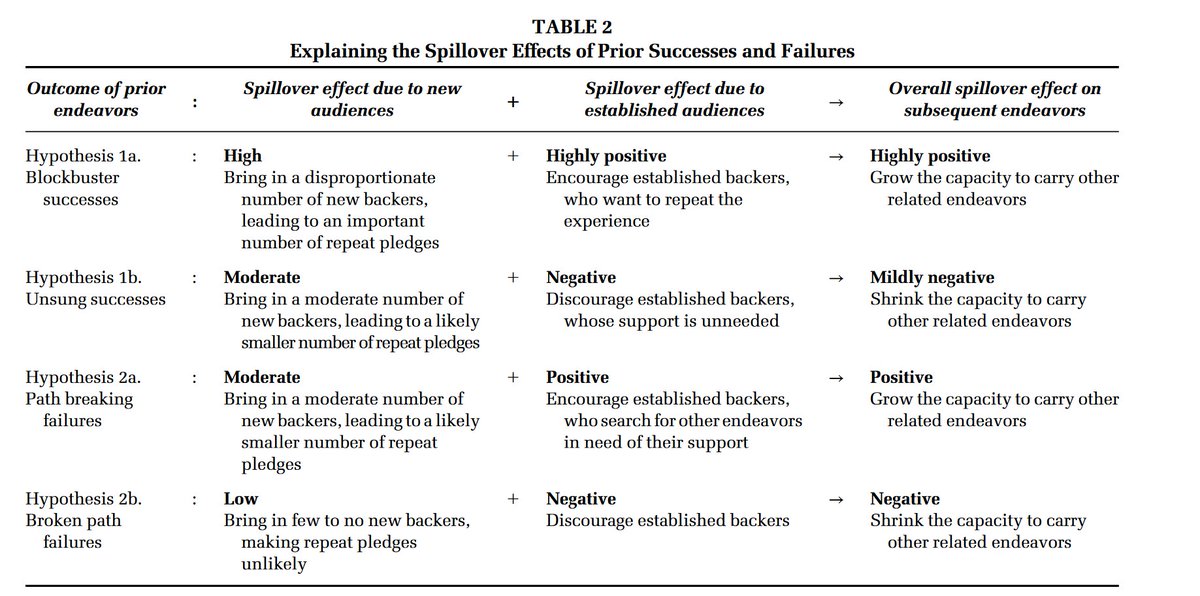
• • •
Missing some Tweet in this thread? You can try to
force a refresh





